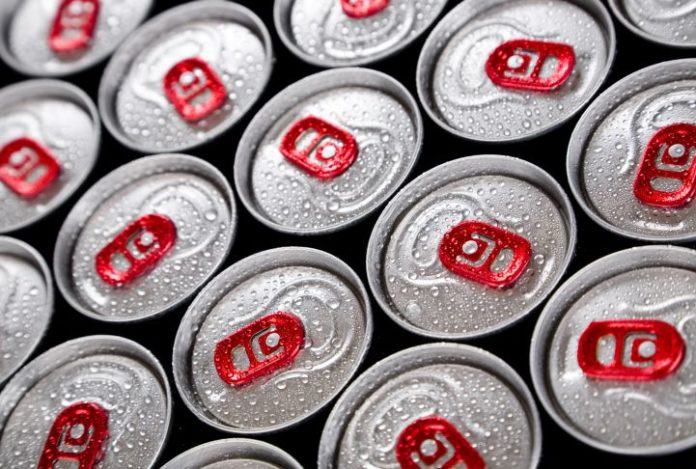The advertising and selling of energy drinks needs to be restricted to people over the age of 18 in order to curb the beverages’ potential long-term health impacts on younger consumers, according to research by Justine Howard and Dr Marilyn Krawitz at The University of Notre Dame Australia’s School of Law, Fremantle.
Both Ms Howard and Dr Krawitz argue that legislation should be modified so that the sale of energy drinks is regulated in a similar manner to alcohol, and in particular, that they are not sold to people under 18 to reduce the negative effects of caffeine intoxication in children and teenagers.
Current Australian legislation regulates energy drinks and their labelling, however the legislation does not regulate who may purchase energy drinks and where.
Ms Howard and Dr Krawitz also state that in addition to regulating the sale of energy drinks to people above the age of 18, there should be stringent advertising conditions including the distribution channels and daily time in which these products are promoted. They believe this would assist in changing public behaviour to reduce the overconsumption of these products in today’s society.
“Due to the harmful effects that energy drinks can have upon minors, it is important that Australian governments consider modifying their legislation in this area,” Ms Howard said.
“School-aged children have easy access to energy drinks at their local shops, delis and bus and train stations. They are also cost effective which makes these beverages a more attractive option in their eyes compared with water or other healthier liquid refreshments.
“Steps need to be considered from a legal standpoint by Australian governments to prevent the overconsumption of these beverages to ensure the long-term health of their population is adequately monitored and improved.”
Promoted as beverages which increase physical and/or mental energy, medical studies have found that excessive energy drink consumption can lead to serious, life-threatening or fatal outcomes for consumers when ingested in one sitting. Some of these issues include anxiety, nervousness, irritability, tremors, sleeplessness and blood glucose changes.
Lawsuits have occurred in the United States alleging that the consumption of energy drinks caused or were a significant factor in the deaths of adults and teenagers. In one case, a 14-year-old teenage girl died after drinking two 700ml cans of energy drink on consecutive days in 2011. The coroner’s report stated that her death was because of ‘cardiac arrhythmia due to caffeine toxicity’.
“Cases in the United States and other jurisdictions have shown the potential harm that the excessive consumption of energy drinks can cause in children and teenagers, and the subsequent legal action that can be taken by families against these companies for the wrongful loss of their loved ones,” Ms Howard said.
Professor Doug Hodgson, Dean of the School of Law, Fremantle, says the research of Ms Howard and Dr Krawitz complement the previous work in social media law and body image and the law in raising the awareness of prominent social issues in the legal sphere.
“The laws regarding food and drink in Australia are crucial to the health of Australians. Ms Howard and Dr Krawitz’s research and recommendations regarding energy drinks makes a significant contribution to this area,” Professor Hodgson said.
(Source: The University of Notre Dame – Australia)



 (2 votes, average: 4.00 out of 5)
(2 votes, average: 4.00 out of 5) 






